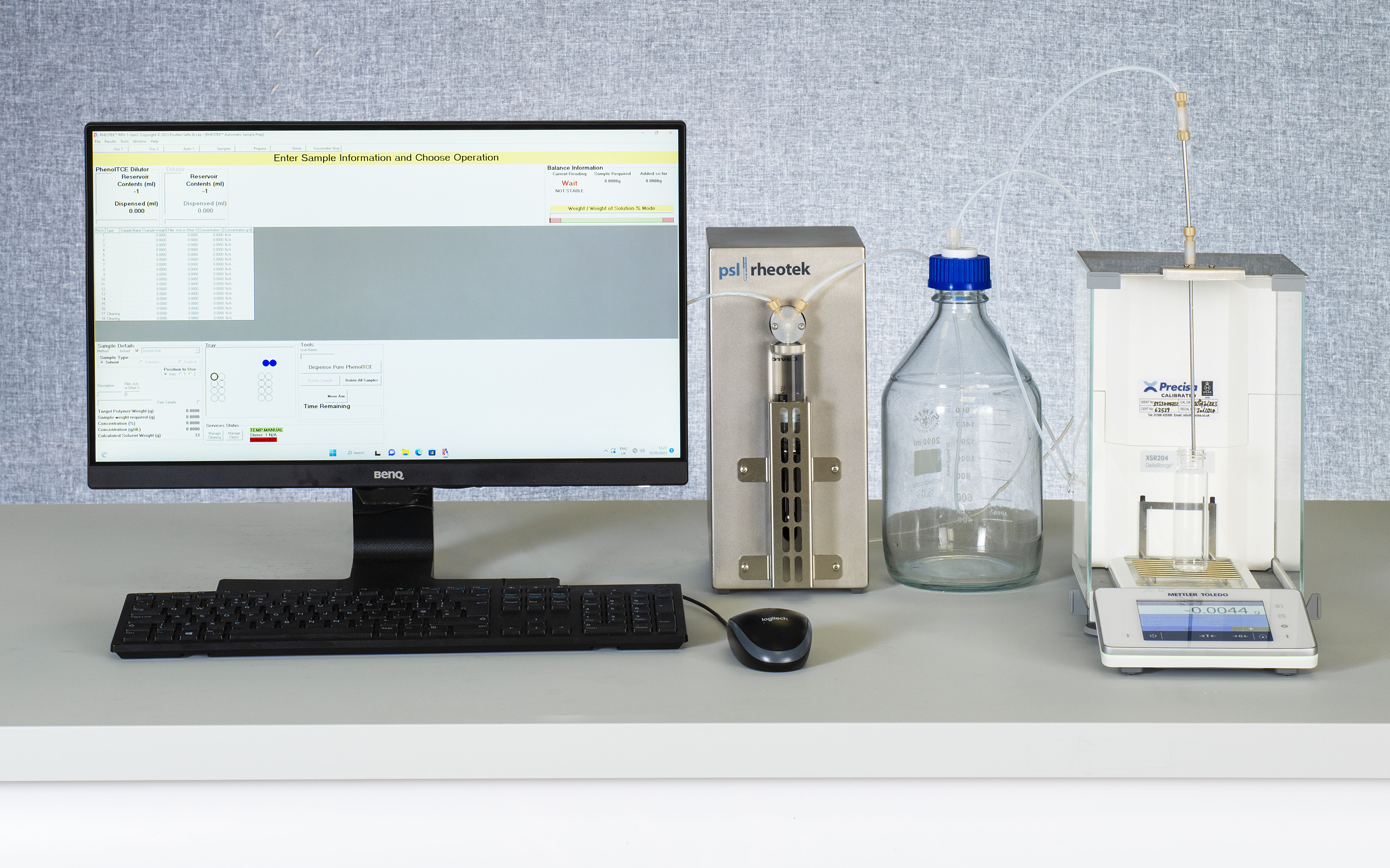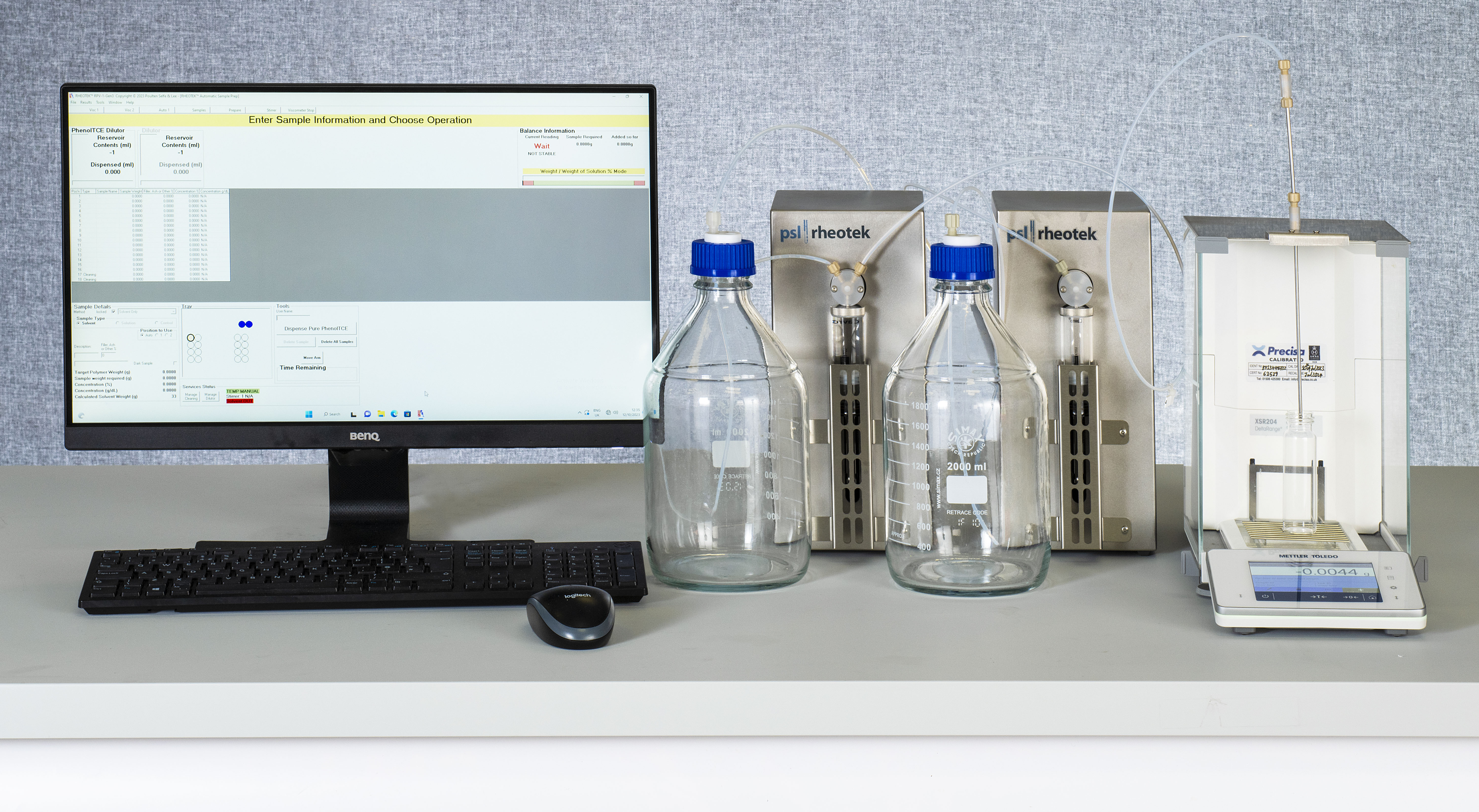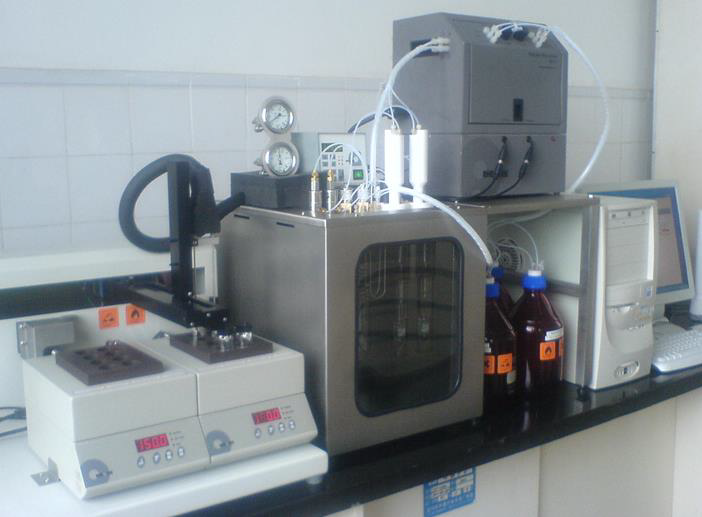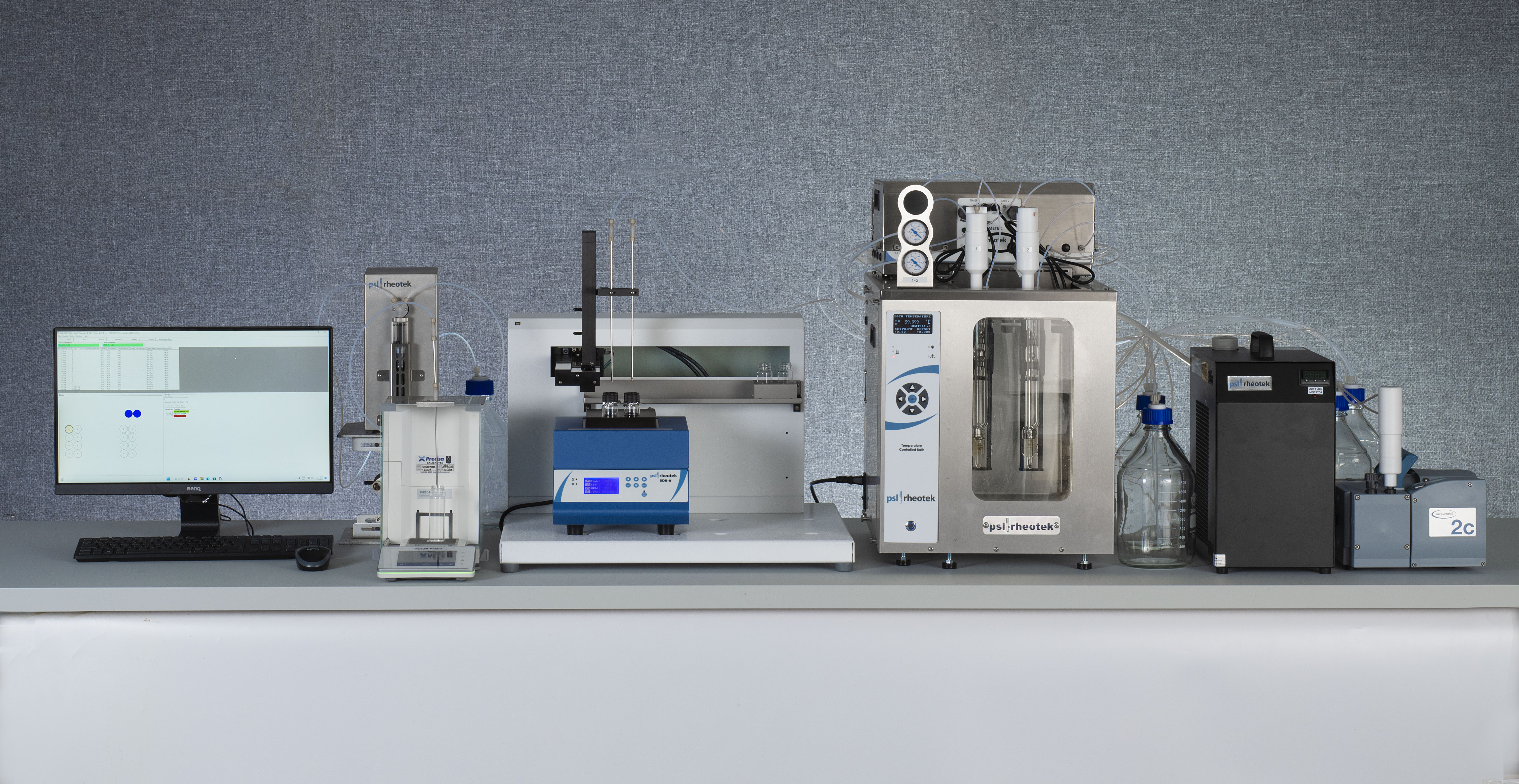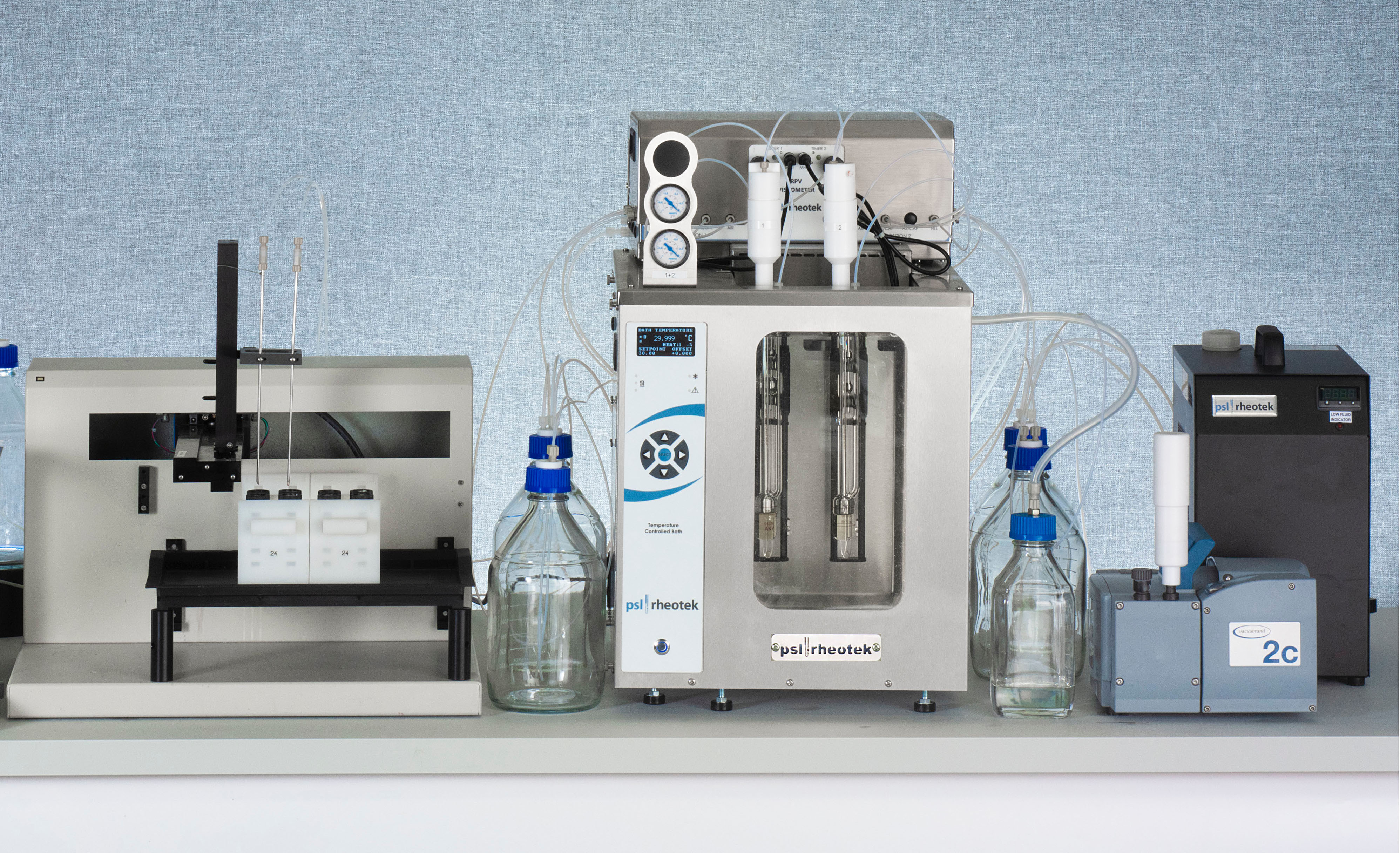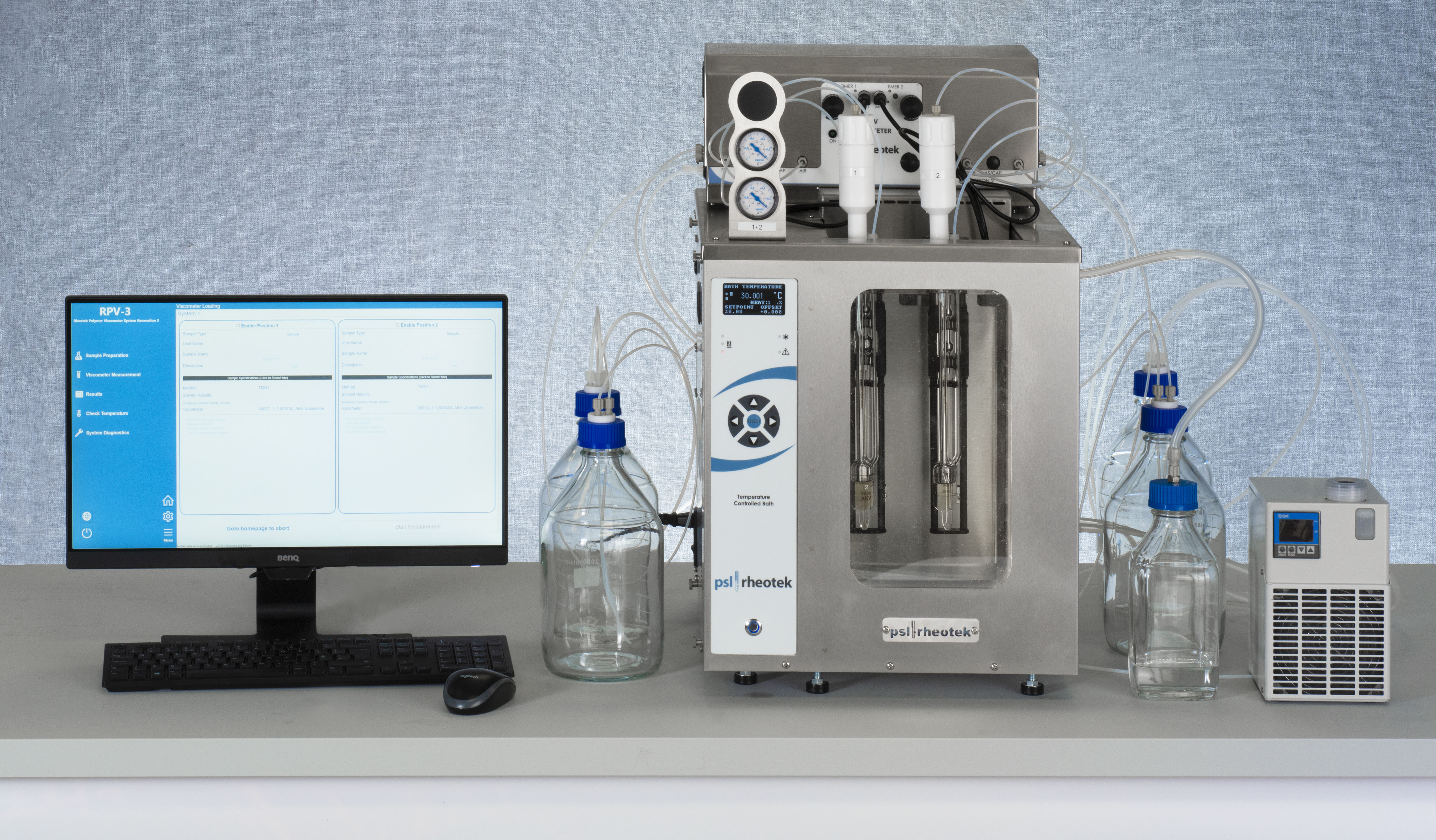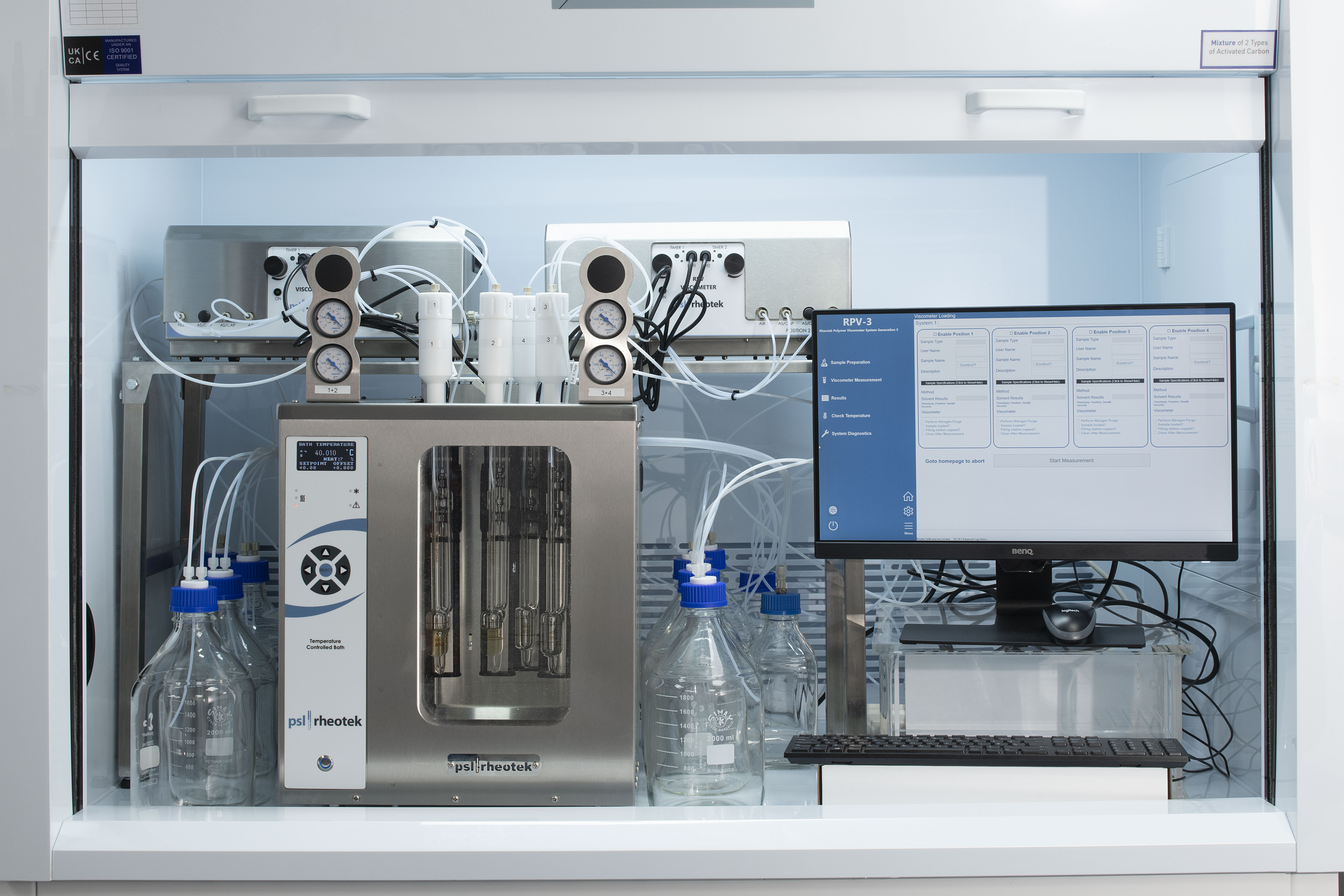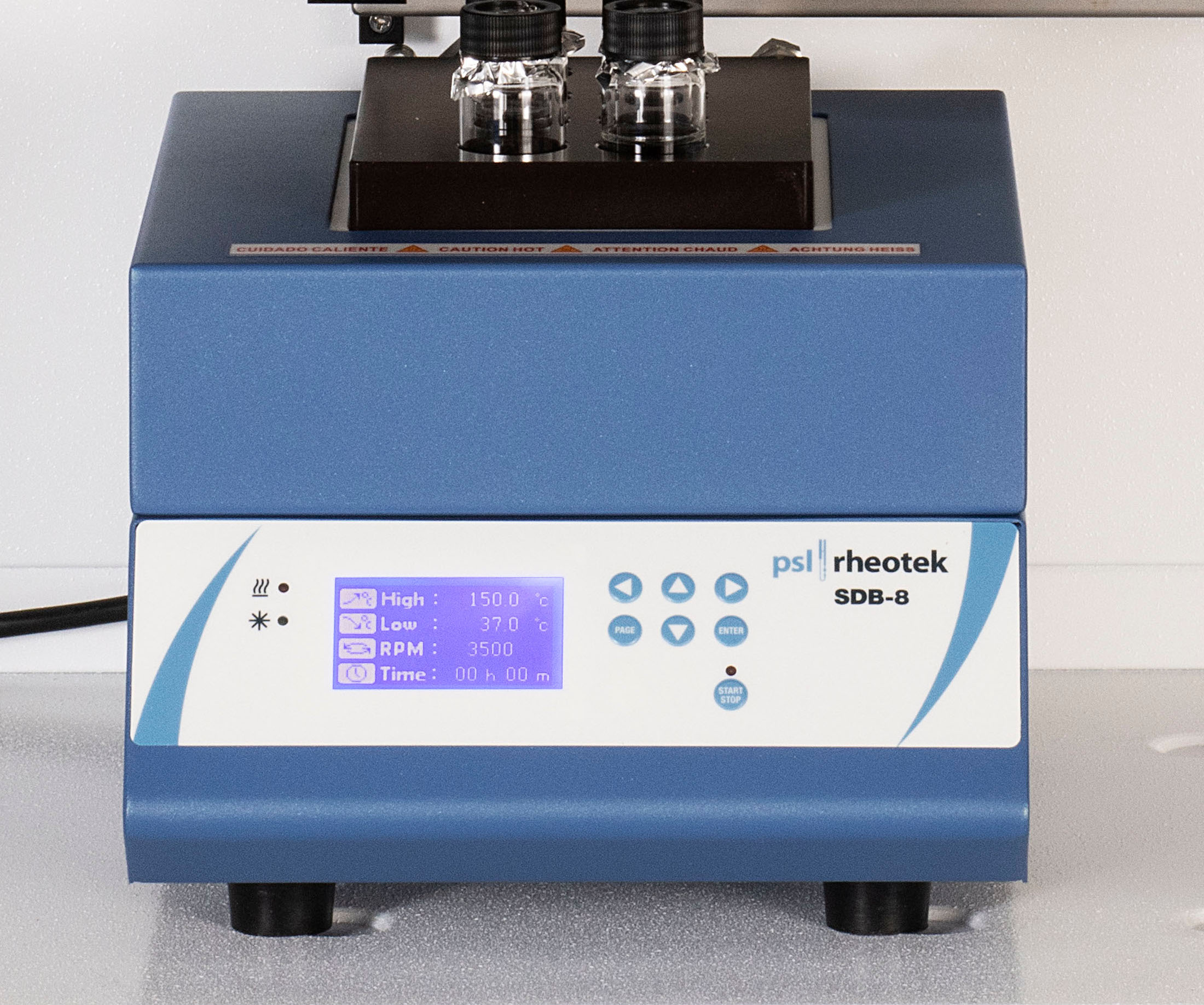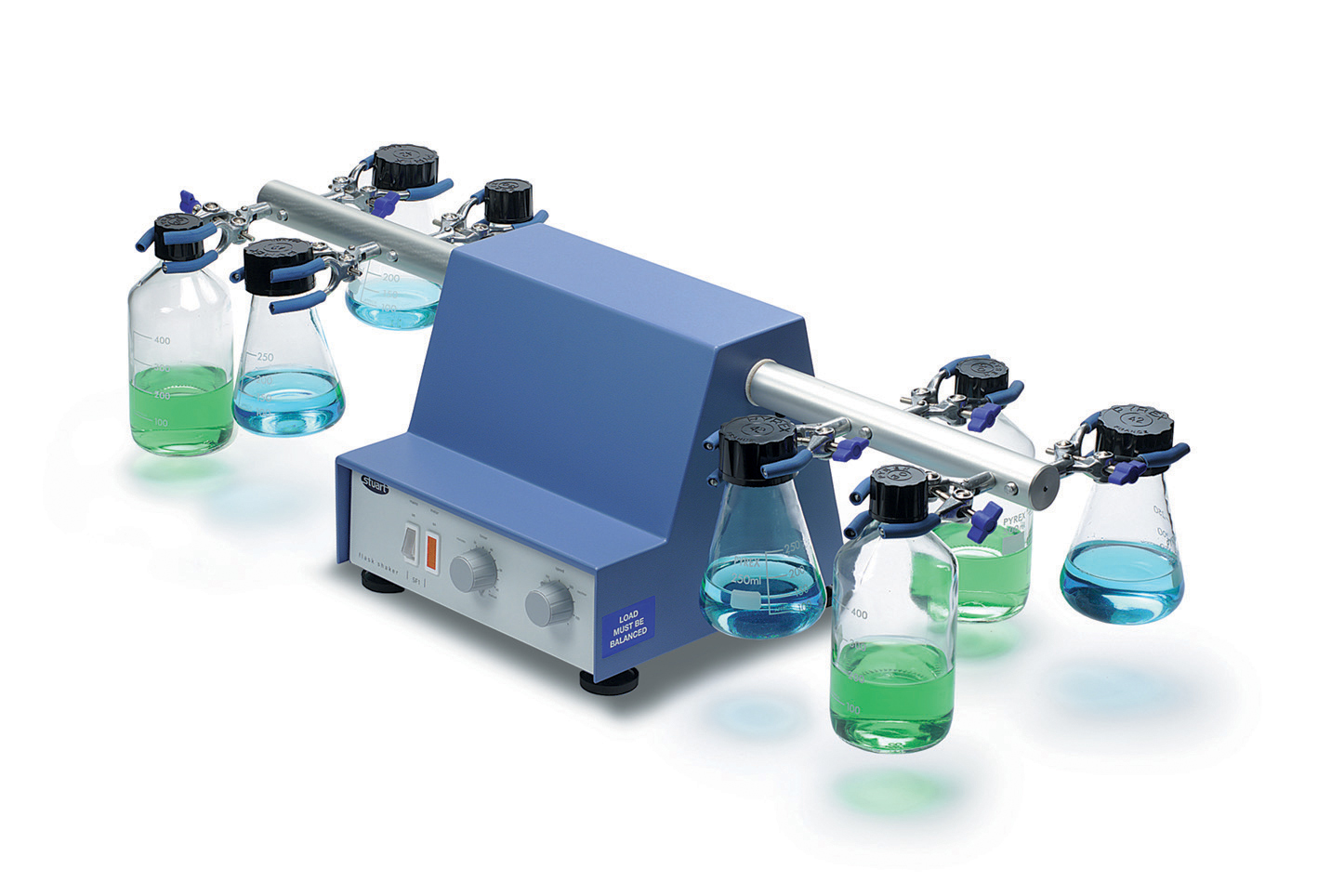Polymer viscometers for advanced characterisation
RPV Polymer Viscometers
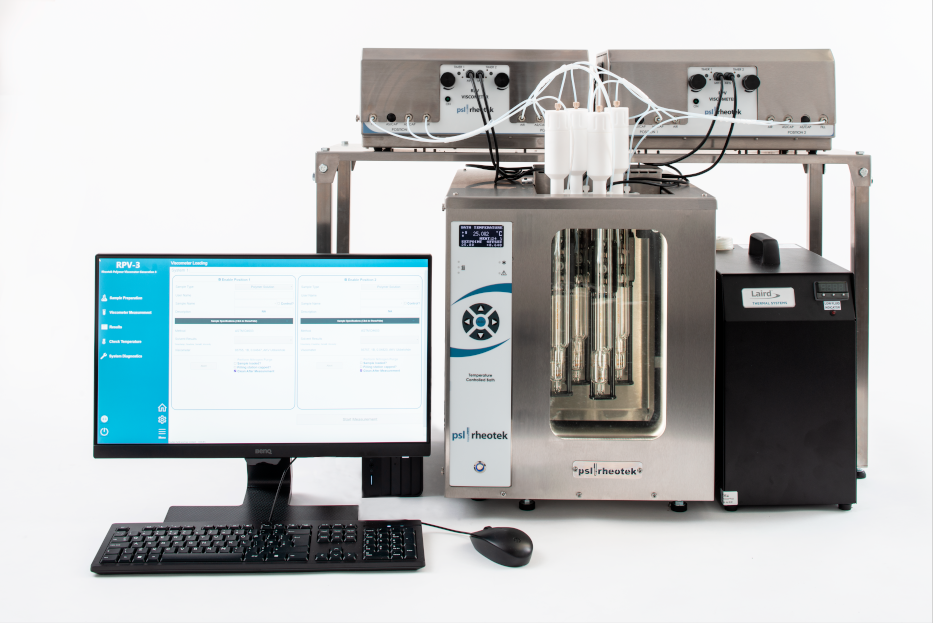
High-performance polymer viscometers for intrinsic viscosity testing
Consistent. Compliant. Effortless.
Built for polymer quality control
What’s the difference between intrinsic and kinematic viscosity tests?
Intrinsic viscosity relates to polymer molecular weight in dilute solution (ASTM D4603/ISO 1628), while kinematic viscosity measures fluid flow time—ideal for oils, monomers, or heavy polymers.
What solvents and temperatures are supported?
Our polymer viscometer is compatible with common solvents, e. g. Phenol TCE, Chlorform, THF, Metylene Chloride, Acetone, Formic Acid and many more. Corrosive solvents, e. g. sulphuric acid and DCA accommodated in units with anti-corrosive coating. Temperatures from 25 degrees C and up to 135 degrees C.
Is data logging supported?
All polymer viscometers include secure software with timestamps, sample IDs, individual run data, and export to CSV, PDFs, or LIMS.
Can we validate against published methods?
Yes—our systems comply with the test protocols of ASTM D4603, ISO 1628 (parts 1–5), and IP. Certificates and method compliance documentation included.
How long does it take to measure a sample?
Approximately 15 minutes after loading the sample, the IV result is available.

